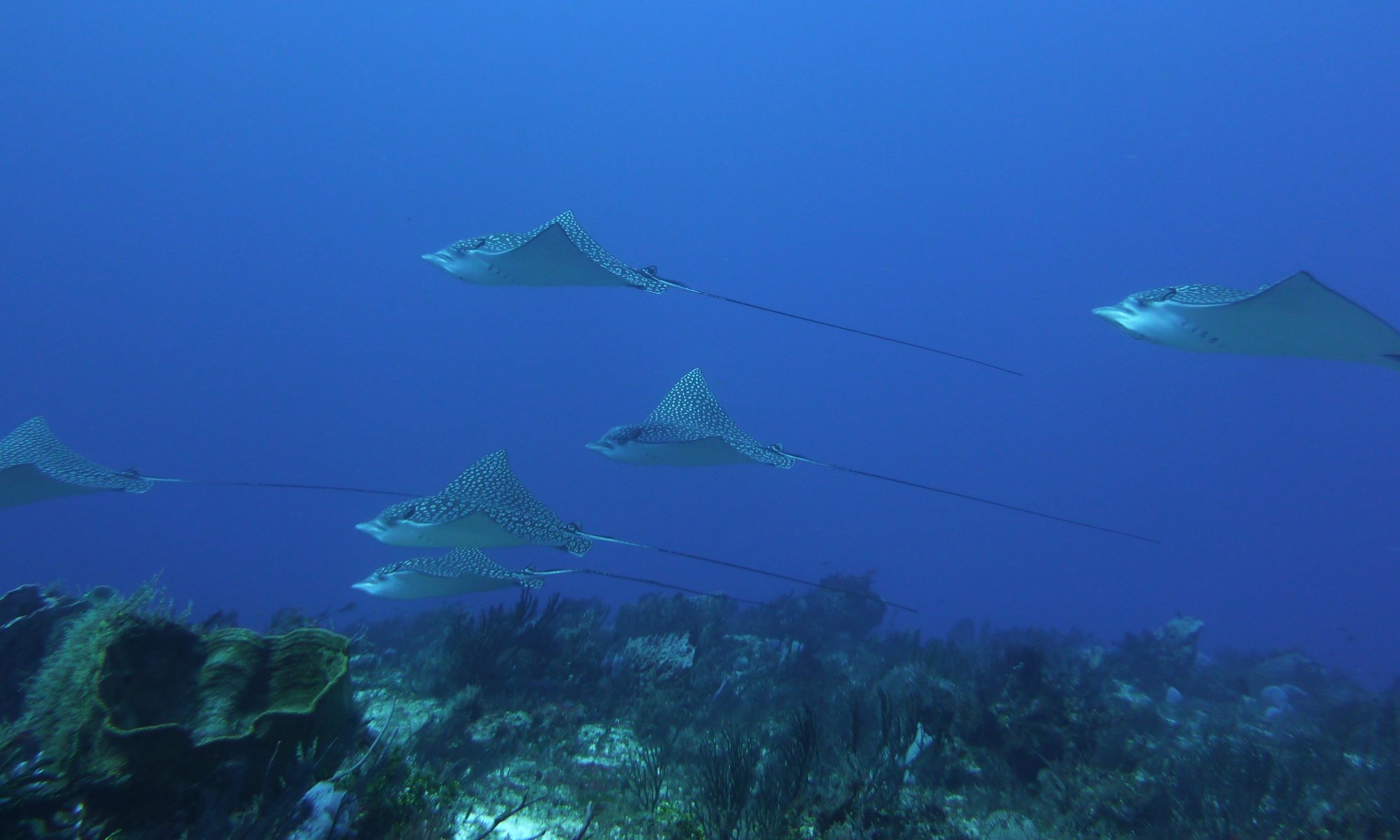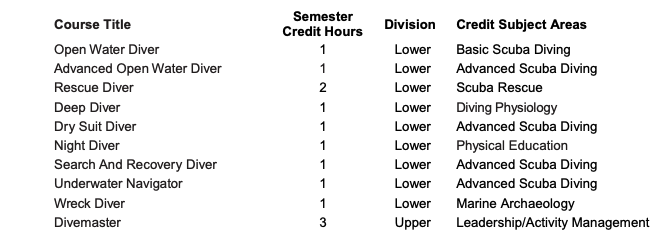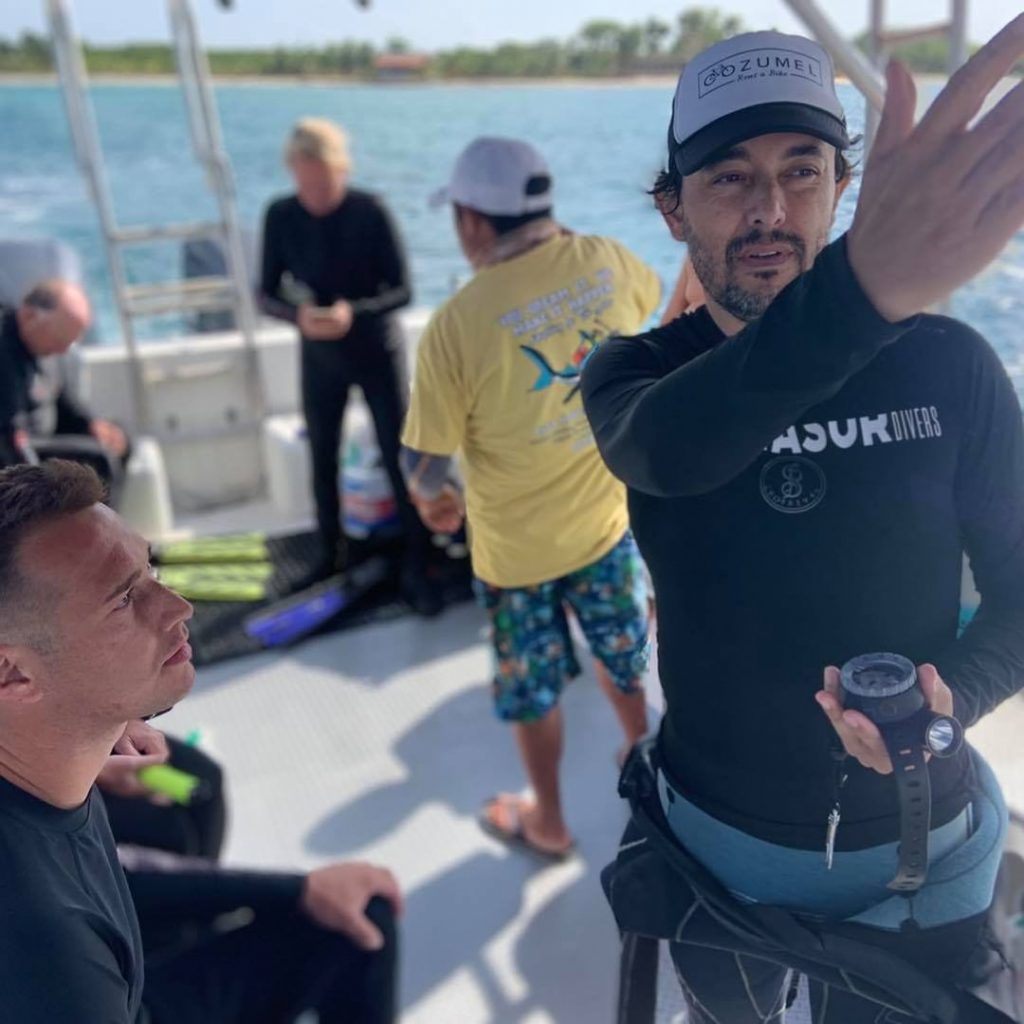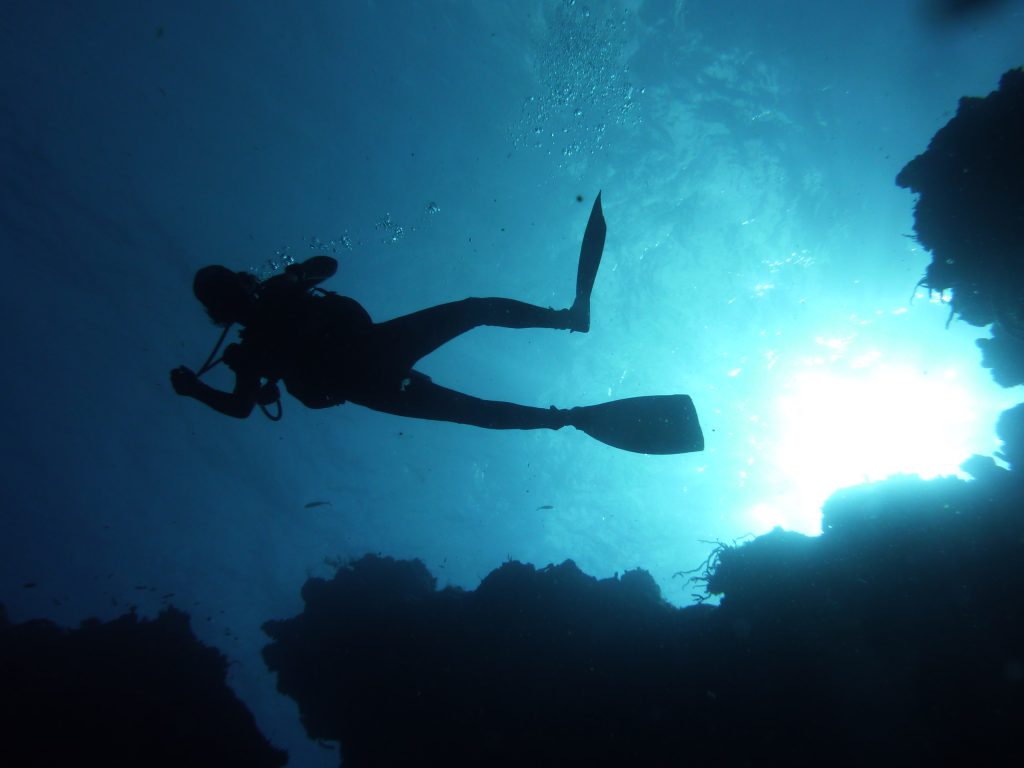
Scuba diving is an incredible experience, but like any new activity, there’s a learning curve.
Here are ten common mistakes to stay safe, look like a pro and avoid getting on experienced divers’ nerves:
Flailing Arms: Resist the urge to use your arms while swimming. It’s inefficient and signals to others that you don’t have control. To streamline your movement, keep your arms crossed and tucked in, spread your legs a bit, bend your knees, and stay calm.
Wrong Kicks: In swim-throughs, avoid flutter kicks. They stir up sediment and can impede visibility for others. Practice frog kicks or heel kicks for smoother movement.
Tailgating: Staying too close to the diver in front of you is dangerous and annoying for the other diver. Maintain a safe distance to avoid collisions.
Tank Mishaps: Don’t assume the crew will set up your second tank. A great crew will assist you, but before jumping in you should always double-check that you have a new tank and that the valve is open.
Air Awareness: Monitor your air pressure regularly. Know your limits and signal your buddy when it’s time to start your safety stop.
Over-reliance on BCD: Inexperienced divers too often let air in and out of their BCD to control their buoyancy as they dive. Practice strategically using slow, calm breaths as you dive and check that you have the correct amount of weights so you can enjoy Cozumel’s gorgeous swim-throughs without dragging your equipment against the sponges and corals, potentially causing damage as you go.
Marine Life Mayhem: Cutting in front of other divers to get a better look at marine life is inconsiderate and potentially dangerous. You might kick someone else in the face (and some divers might want to punch you in return).
Skipping the buddy check: With all the excitement of finally being seconds away from diving, sometimes newbie divers jump in the water and realize they’ve forgotten their fins or their mask. Be sure to do a quick buddy check before going in.
Pre-Dive Alcohol: Alcohol dehydrates you more than you think, especially in Cozumel where it’s often hot and humid. Avoid drinking alcohol the day before a dive and if you go for a drink make sure you have lots of water too.
Sunscreen Dilemmas: All sunscreens can harm coral reefs — even ones labeled as “reef safe.” Cozumel’s National Park doesn’t allow any sunscreen use. Opt for a hat and long-sleeved shirt with UV protection.
By avoiding these common mistakes, you can enhance your safety and enjoyment of scuba diving. Remember to dive within your limits, respect the underwater environment, and prioritize safety.
Disclaimer: This blog post provides general information and laughs and should not be considered a substitute for professional diving instruction. Always consult with a qualified dive instructor for proper training and guidance.




